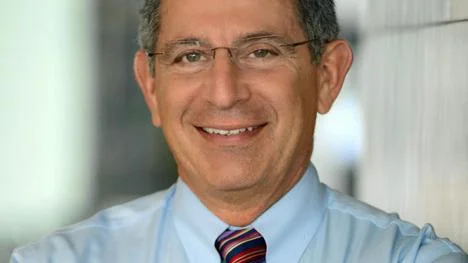
Sleepaway camp can be an exhilarating yet daunting experience for children. The readiness of a child to leave home is a crucial factor that parents must consider before deciding to send them to camp. A child and adolescent psychiatrist from Baylor College of Medicine provides insights on the appropriate time for a child to attend sleepaway camp.
Dr. Laurel Williams, a professor in the Menninger Department of Psychiatry & Behavioral Sciences at Baylor, suggests that if a child can comfortably stay away from their family for at least one night, they might be prepared for camp. She recommends conducting trial runs with trusted individuals who can supervise the child in the absence of their family.
"If it's the first foray into going away for a while, you may want to do some dry runs where you have your child stay away for a couple of nights with people you trust and extend it longer," she advised.
Williams encourages parents to evaluate whether their children enjoy meeting new people. For those who may feel uneasy around strangers, starting with shorter camps or day camps could provide an opportunity to observe how they interact with unfamiliar faces before committing to an extended sleepaway program. It is also important to research the camp thoroughly to ensure they offer activities that align with your child's interests.
For neurodiverse children, maintaining routines and structured schedules are vital. If such children are being considered for camps not exclusively designed for neurodiversity, it is necessary to verify if the camp can make suitable accommodations.
Williams advises parents sending their children to sleepaway camp for the first time to discuss what aspects of camp excite them most and encourage them to envision all the enjoyable activities they will participate in. She also suggests addressing any questions or anxieties they may have about attending camp and normalizing these feelings by reassuring them that nervousness is common when trying something new.
"You never want to pretend something doesn't exist as an issue, but you want to find out what they're concerned about, then walk them through solving that problem," Williams explained. "If you have a kid who is quieter and you want to get them to do more, that's great, but be careful to not put them so out of their comfort zone that they end up having a miserable time."
Camp counselors should monitor signs such as a child isolating themselves in their room, refusing to eat, crying frequently or making regular visits to the infirmary due to stomachaches. If a child expresses these issues while at camp, parents should confirm with the camp if the child appears unhappy before deciding to withdraw them prematurely.
"It's a balance of trusting that the camp directors and counselors are not going to lead parents astray if their child is having a bad time," she said. "Before you make the decision to pull your kid out early, you want to work it out with the counselors and ask about strategies."
Sleepaway camps can offer invaluable experiences for children who don't often get opportunities to solve problems independently. Being in a new environment with unfamiliar people can help children learn how to navigate situations without immediate parental intervention, thereby fostering character development. Camps also provide an opportunity for children to experiment with new routines and enhance their adaptability.
"If the camp is actually teaching things that children otherwise wouldn't learn if they had stayed home, it could open up avenues for kids to be excited about things that they previously never knew they liked," Williams noted. "But it is not attainable for everyone, and people grow up very successfully without going to summer camp."